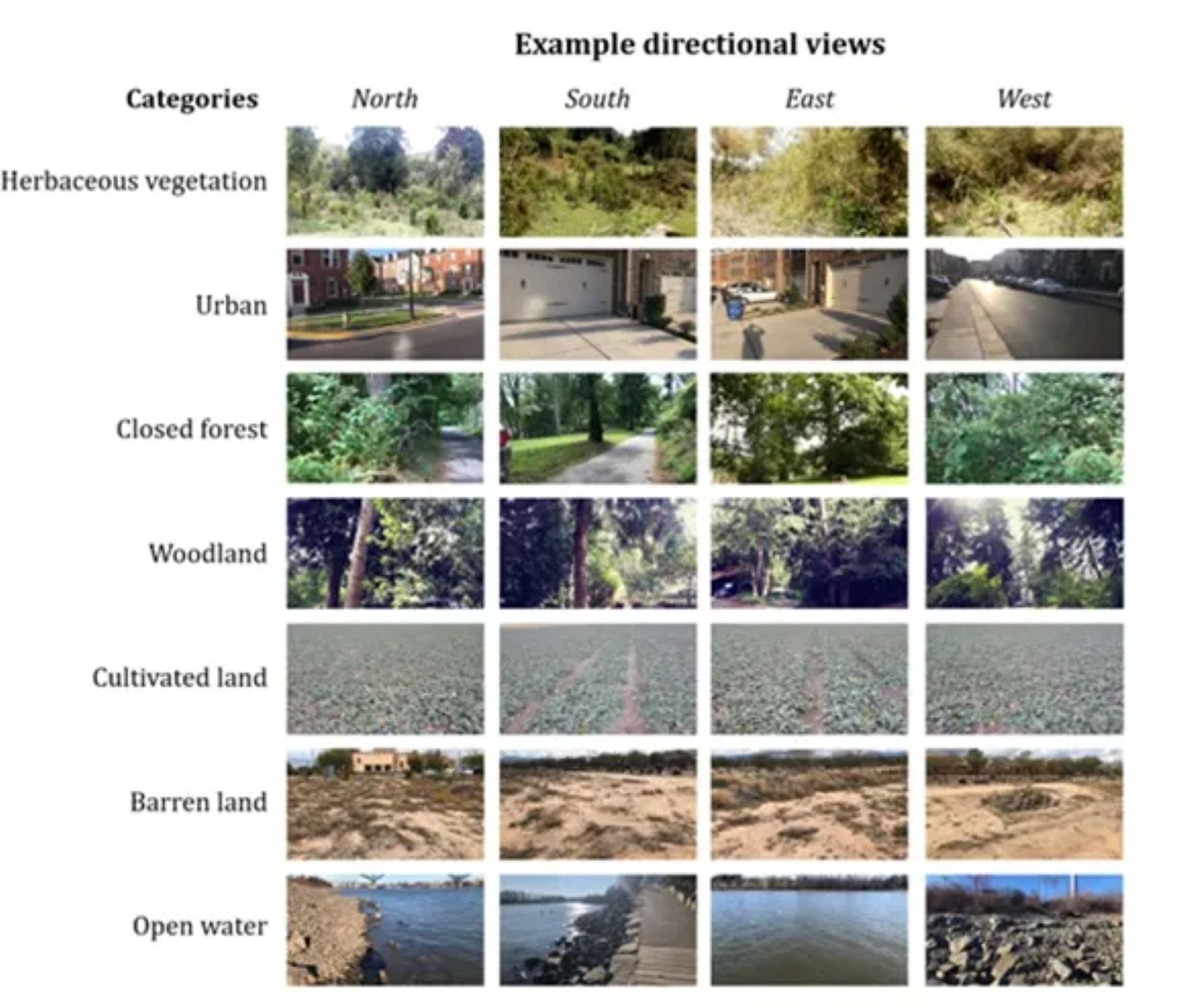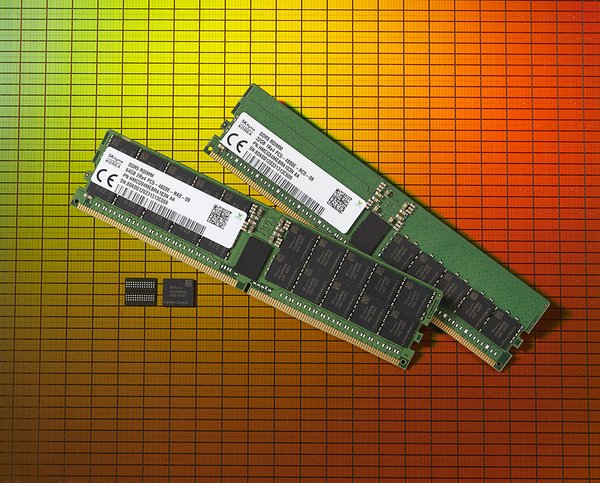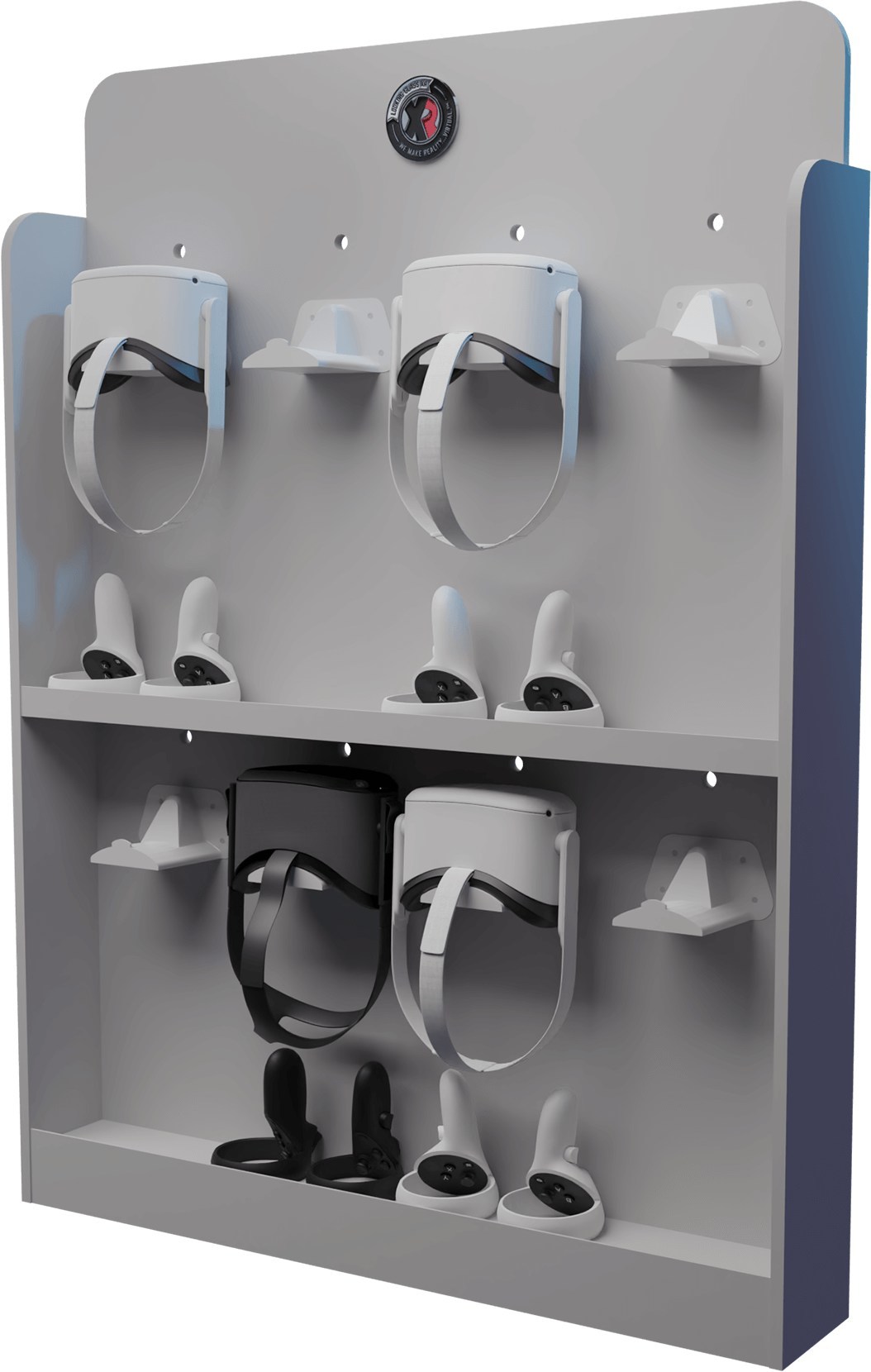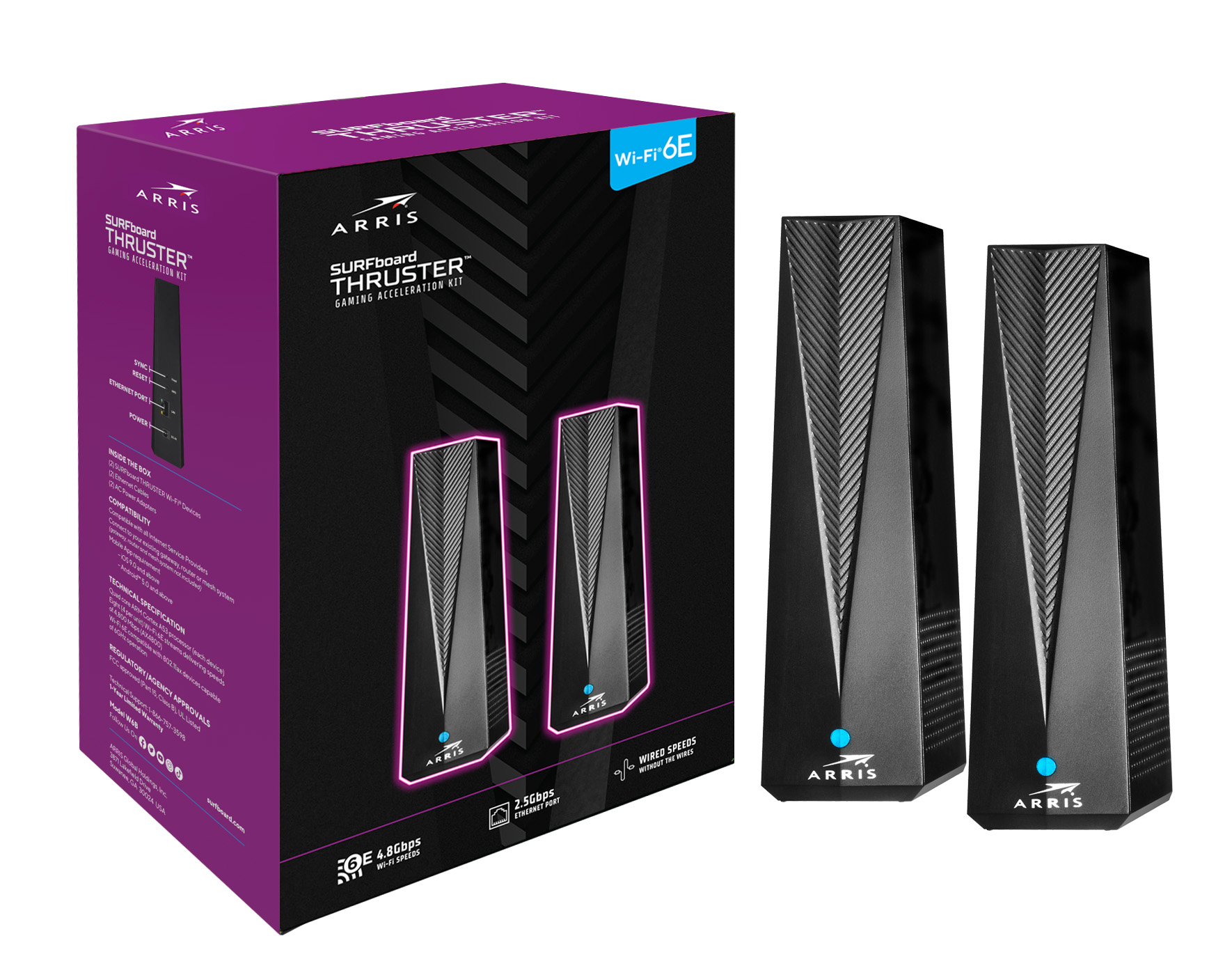Artificial Intelligence Plus Your Cell Phone Means Better Maps of Earth!

In 2019, the GLOBE Land Cover project began asking volunteers to help map planet Earth by taking photos of their surroundings facing multiple directions, including north, south, east and west. Now, a new paper by Huang et al. demonstrates how to combine these images using Artificial Intelligence (AI). The paper compares this “multi-view” approach with the old single-view approach–and finds that the multi-view capabilities of the GLOBE Observer app, processed with AI, enable much more accurate mapping.
“We are thrilled about our recent discovery! We’ve observed that the current AI model is increasingly exhibiting human-like behavior, adept at integrating multiple perspectives, synthesizing them, and striving to derive meaning from these views.”

XIAO HUANG
The paper’s lead author
“We are thrilled about our recent discovery!” said Xiao Huang, the paper’s lead author. “We’ve observed that the current AI model is increasingly exhibiting human-like behavior, adept at integrating multiple perspectives, synthesizing them, and striving to derive meaning from these views.”
The most detailed satellite-based maps of our whole planet still can’t show details smaller than hundreds of meters [about 330 feet]. That means that a park in a city may be too small to show up on the global map. When you use the GLOBE Observer: Land Cover app, you help scientists fill in local gaps and contribute to consistent, detailed global maps that should us how our world is changing.
Grab your smartphone and join the project!





